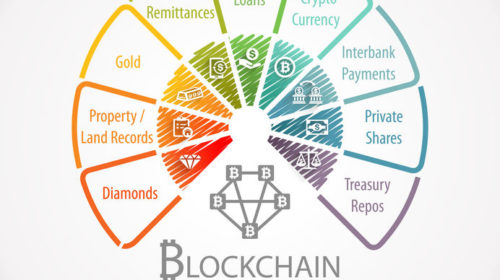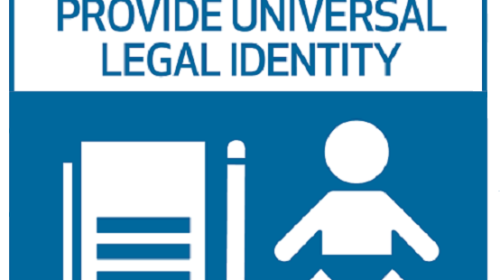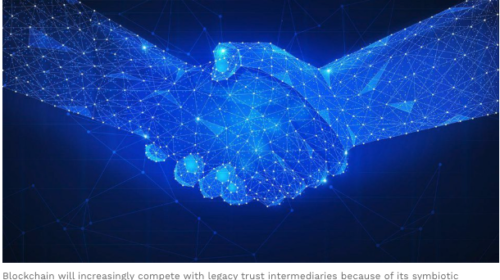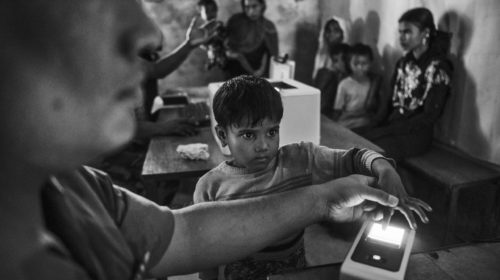While some government officials are still in a wait-and-see mode, others see significant advantages in moving ahead now with what they see as immediate solutions and innovative technology implementations that may pay off in the long run. There are many examples of use cases across countries including: the European Union (EU – anti-counterfeiting), Estonia (Digital Government), US (FDA, DHS, HHS, GSA – security, anti-counterfeiting), China (Payments), India (Payments, Land Registry), Switzerland (Identity), Denmark (Voting), Dubai (Digital Government), Georgia (Land Registry), Gibraltar (Stock Exchange), and many more (Woods, 2018). Besides these…
Tag: Peace and Justice Strong Institutions
Digital Identity – SDG 16.9: Providing legal identity for all
Use cases related to Digital Identity are foundational for the success of most if not all use cases directly and will contribute towards SDG 16.9, i.e. “providing legal identity for all, including birth registration”. We have the right to be recognized as a person before the law. It is our universal human right[1] to be able to prove who we are in trusted and reliable ways while maintaining our privacy and security of data. Use cases for Digital Identity will benefit all SDGs. The SDG 16, indicator 16.9 says that…
Blockchains and Trust
“There is one thing that is common to every individual, relationship, team, family, organization, nation, economy and civilization throughout the world — one thing which, if removed, will destroy the most powerful government, the most successful business, the most thriving economy, the most influential leadership, the greatest friendship, the strongest character, the deepest love. On the other hand, if developed and leveraged, that one thing has the potential to create unparalleled success and prosperity in every dimension of life. That one thing is trust.” The speed of Trust, by Stephen…
Can Blockchain Keep Refugees From Becoming “Invisible”?
When Toufic Al Rjula applied for asylum in the Netherlands four years ago, he handed over all the original copies of his documents to the immigration office: his passport, his driver’s license, everything. “They even took my library card,” he says. His asylum claim took two years to be processed, during which time he had no legal proof of his identity. Al Rjula, who is Syrian, had been living in the Netherlands on a work contract before seeking asylum. “I thought: ‘I live in the Netherlands, I have a tax…
Procivis and University of Zurich develop blockchain-based e-voting solution
Swiss e-government startup Procivis and the Communication Systems Group CSG at the Department of Informatics at University of Zurich have announced their collaboration to develop an electronic voting solution. The planned platform aims to cover the entire voting process electronically and in a seamless manner, from the provision of voter information to the evaluation of results. After successful development, the blockchain-based solution is planned to be made publicly available as open source software. The project announced today has been initiated by Swiss e-government specialist Procivis and the CSG, led by…






